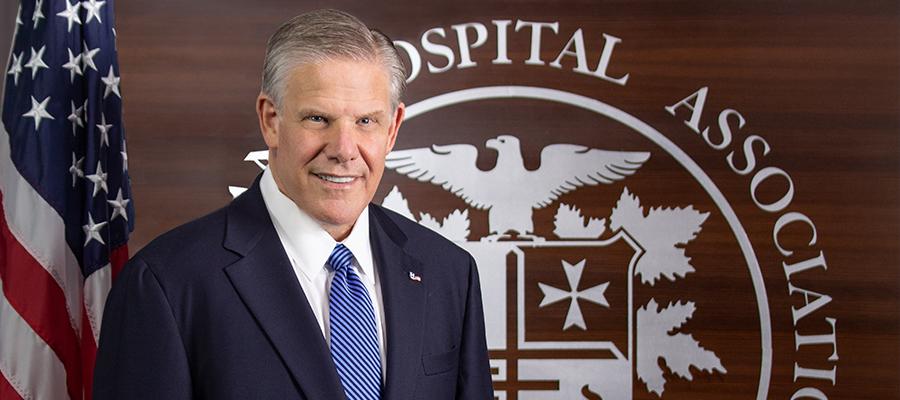Perspective: Knocking down roadblocks to care for patients and providers

Inappropriate denials. Unreasonable requests for documents. Unwarranted delays in decisions. These are just a few of the ways insurers are misusing prior authorization requirements to put up roadblocks to care.
Prior authorization is a tool that — when used properly — can help align patients’ care with their health plan benefit structure and make sure care is compliant with clinical best practices. Today, however, patients and providers face numerous prior authorization requirements that are not always justified and add unnecessary complexity and cost to the health care system. In fact, because there aren’t any standards for prior authorization, sometimes the requirements and processes vary widely across the plans offered by just one insurer.
As you would expect … this creates confusion and burden for patients, their families and caregivers, and the providers caring for them.
That’s why the AHA sent a letter to Administrator Seema Verma of the Centers for Medicare & Medicaid Services last week detailing the problems with insurers’ use of prior authorization … and our proposed solutions to fix it.
In short: We’re proposing that CMS standardize prior authorization requirements and processes and increase its oversight of the health plans the agency regulates, including Medicare Advantage plans.
This means adjusting which services require prior authorization to only include those that are new, high cost, require particular safety protocols, or have a past history of unwarranted variation or overutilization.
This means standardizing the way health plans communicate prior authorization requirements to providers, and standardizing the format for requests and responses.
This means using the same clinical standards as the criteria to approve or deny all requests.
And, this means requiring a timely response to requests for care, and ensuring there’s a transparent appeals process in place.
You can read AHA’s full recommendations here. If implemented, these guidelines would go a long way toward reducing risk to patient care and easing the burden on the health care system.
We appreciate CMS’s willingness to listen to the concerns of America’s hospitals and health systems and for signaling they will act to address this issue. We encourage Administrator Verma to use our proposal as a guidepost when crafting new regulations.
Prior authorization is just one part of our larger strategy to address issues related to Medicare Advantage and the behavior of commercial health plans. We are also working to advance strategies that hold insurers accountable, and knocking down barriers to ensure appropriate care. Moreover, we are developing member resources for dealing with health plans, including a series of webinars on strategies hospitals can take to prevent and combat abusive health plan actions.
This is about making sure patients can access the quality care they need … when and where they need it. This is about making sure that hospitals and health systems are compensated for the care they provide … and can remain viable and competitive, especially in rural and underserved areas. This is about making our health care system easier to navigate and — ultimately — this is about advancing health in America.

